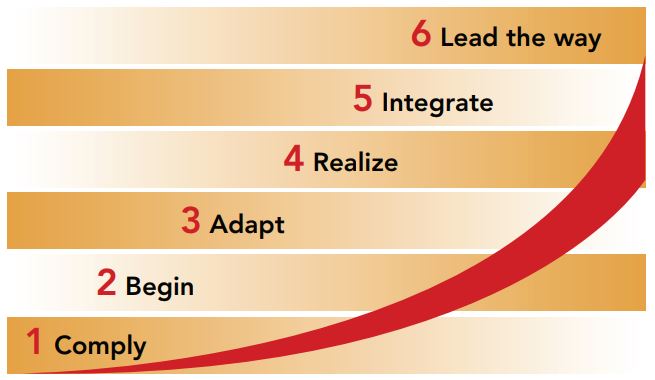
Despite major advances in the last decade in Corporate Social Responsibility, companies have missed the mark when it comes to Social Intelligence. This concept was developed by Edward Thorndike in 1920 and it refers to how humans act toward each other. In an organizational context, this can refer to how leaders treat their employees and how employees treat each, and the culture of the organization.
1.Improved employee well-being
When employees are taught how to interact with each other with respect and empathy, and to listen to each other, it can improve their overall sense of well-being. By training employees to be more socially and emotionally intelligent (managing your emotions and managing how you respond to others) a corporation can help employees to understand how to manage frustrations, how to capitalize on positive emotions, and how to prevent conflicts when there are different viewpoints. If an employee feels respected and listened to he/she may be less likely to call in sick or suffer from burnout, meaning that your organization saves on healthcare costs.
2.Improved trust and commitment
By training employees to use social and emotional intelligence, companies can increase commitment to the organization, and job satisfaction, while decreasing intentions to leave. This can be due to fostering more functional and respectful work relationships and it can demonstrate to the employees that the organization is invested in ensuring that workers have not just technical skills but professional skills that can be used in many circumstances.
Employees want to be given opportunities for career development, and as society shifts toward greater transparency of corporations, increased employee benefits, and greater corporate social responsibility, your company has a good opportunity to develop a competitive advantage.
3.Organizational success
Given the benefits to employees, it is unsurprising that incorporating social intelligence through emotional intelligence skills training can benefit organizations. When companies invest in their employees, they can ensure a better ROI when the employees are willing to work harder for an organization that cares about employee well-being.
By emphasizing that there is a focus on human capital, a company signifies to its customers and competitors that they are socially competent and they can build a brand that centres around this very concept. As customers share information with each other about companies through social media, it becomes important for companies to proactively demonstrate their willingness to train their employees on modern concepts. This shows adaptability and a desire to embrace organizational change.







